Cancel Culture- It’s Cancelled.
January 17, 2022
Cancel culture has become the phenomenon of our new age. It has become an attempt for predominantly young people to go on social media and hold someone accountable. The act of “canceling” an individual is usually targeted towards celebrities and social media personalities who have committed problematic or unethical acts. These acts can range from tweeting slurs ten years ago to committing heinous crimes.
People who decide to take action by canceling someone, sometimes do this in the form of boycotting their merchandise and not watching their content. Most times, canceling turns into an ongoing hatred for people where people on social media decide to cyberbully them. People who indulge in this say that they are “holding them accountable for their actions.” Still, they forget to overlook the fact that sending death threats and ridiculing them in the media will only give them a larger platform. Furthermore, bullying them for doing something problematic will just look like another hate comment in their eyes. Therefore, cancel culture does not work.
Celebrities and online personalities get hate on a daily basis. They get attacked for how they dress, how they look, and much more. This is a common occurrence for them. Consequently, they have been vocal about how they address hate and don’t take it seriously. Social media influencer and make-up artist, James Charles, states in the description of his Youtube video (“Hate Comments Do My Makeup”): “people critique my personality and makeup, but I’ve learned to laugh it off.”
Once someone’s mind is accustomed to getting bullied for superficial things, any criticism will not be taken seriously. As a result, if the public suppresses someone when they do bad things, it will have no effect. The person will never believe that they have done something wrong. Likewise, to what happened to James Charles.
In June of 2021, James Charles was publicly accused of grooming an underage male. Although this is a legal crime, the public decided to take matters into their own hands and send death threats to him. The media expected him to grow and take accountability through vengeful messages rather than educating him on why it was wrong. Most say that the point of canceling is to teach someone that their actions are immoral and that they should take accountability for them. Still, how does one expect another to grow from an action that is morally wrong by telling them that their life is invaluable?
However, some might say that in this case cancel culture did work. As a result of James Charles’s controversy, he lost over one million subscribers on his YouTube channel in under 24 hours. He continued to lose followers for the following months on all of his social media platforms. This has happened to other social media influencers like Jake Paul, Shane Dawson, and Nikita Dragun. They lost thousands of followers which some consider enough damage. They have taken away the platforms of those who are encouraging bad behavior onto their followers.
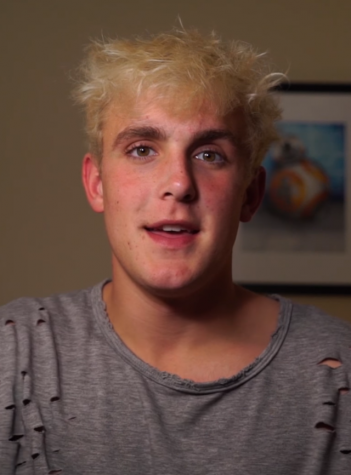
Taking away one’s ability to access millions of people does work within cancel culture. Sometimes, it is the best direction to go. For example, Jake Paul had a major influence over his followers. They are a very young fanbase who idolize him. In 2017, Jake Paul’s content was mainly composed of stunts and pranks. Not only were these stunts and pranks harmful to him and his friend, but also to his neighbors.
One neighbor stated: “What can we do to move these ‘wasters’ on? The congestion is unacceptable and soon someone is going to be hurt with youngsters hanging around in the middle of the road. Tonight traffic enforcement were there and doing absolutely nothing.”
This was regarding the number of fans that bombarded his neighborhood. These fans encourage the influencer’s reckless behavior and look up to him. They even defend him when he does these elaborate stunts like lighting furniture on fire in his empty pool. (KTLA5)
In this case, cancel culture is almost necessary. He has the ability to influence his young, impressionable fans. And when one’s actions not only show that they are doing something wrong but that they are also encouraging it; their access to influence kids should be taken away.
On the other hand, taking away one’s platform is hypocritical and opposes what cancel culture stands for. The Pew Research Center states that “some 49% of those familiar with the term said it describes actions people take to hold others accountable.” The people who are being canceled are not taking accountability if we don’t allow the person to speak up. They are not taking accountability if they don’t learn and grow from their actions. Unfollowing them is not a part of the message that cancel culture is trying to convey.
Moreover, the idea of taking away one’s platform does not work as we look at where these influencers stand today. James Charles’s recent Youtube videos obtain 1-2 million views and Jake Paul draws millions of listeners to his hour-long podcast episodes. There will still be people who support and build them back up.
On paper, canceling someone sounds like a great solution to social media personalities using their platforms to express immoral ideals; but, in action, it simply does not work. People hide behind a screen and believe that they are making a change through the terms “cancel culture” and “accountability.” In reality, their actions are minimal to the bigger picture. It boosts the popularity of these people as their faces are plastered on every pop culture magazine from their controversies. Therefore, cancel culture does not work.


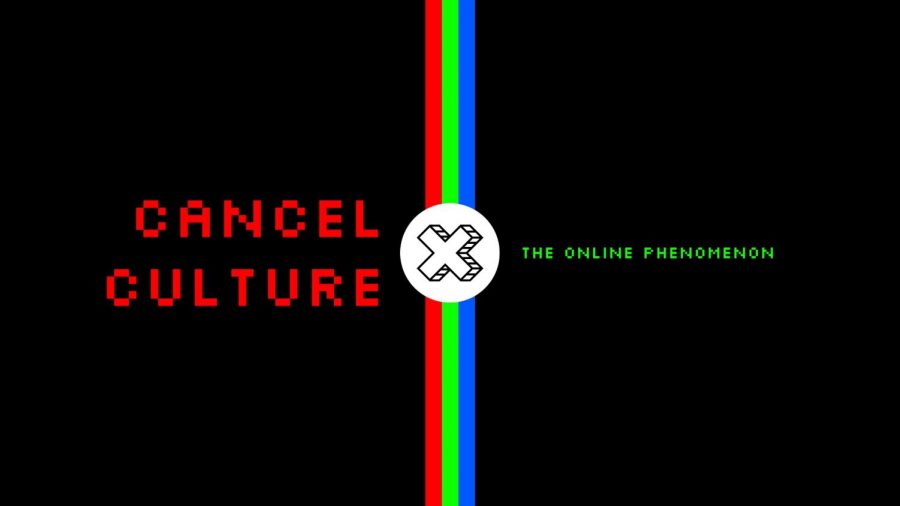

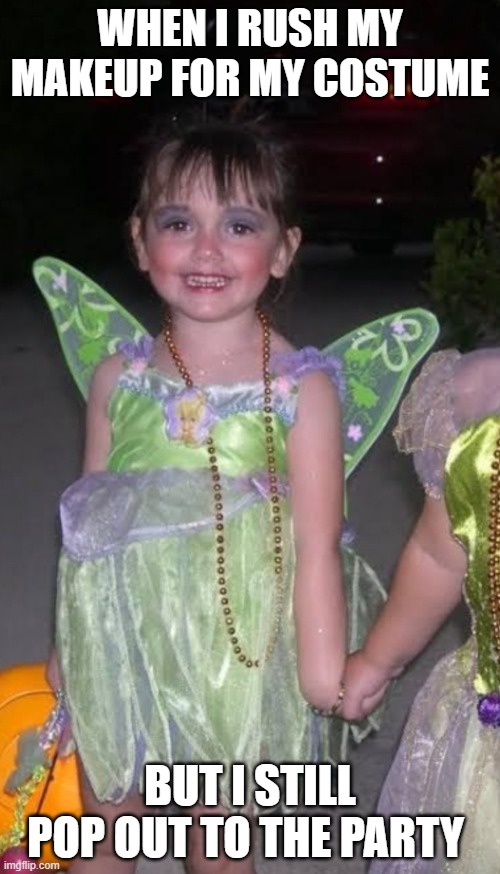
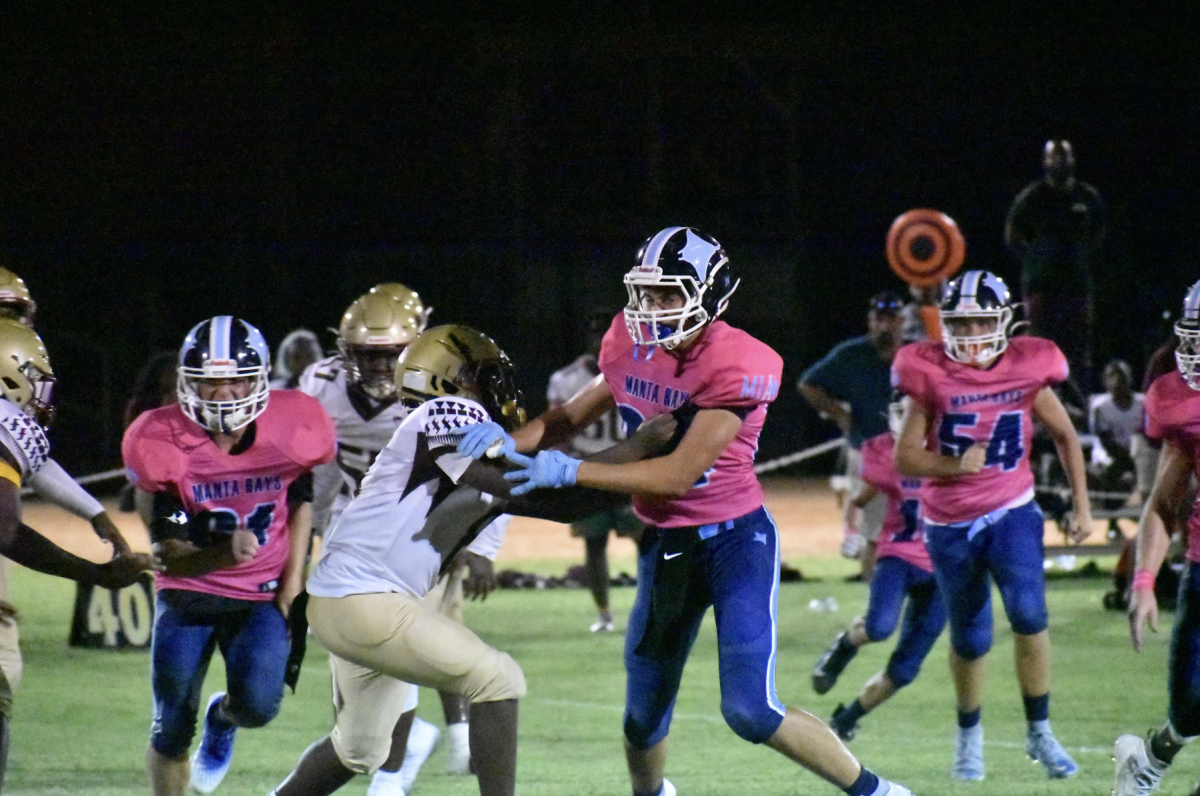
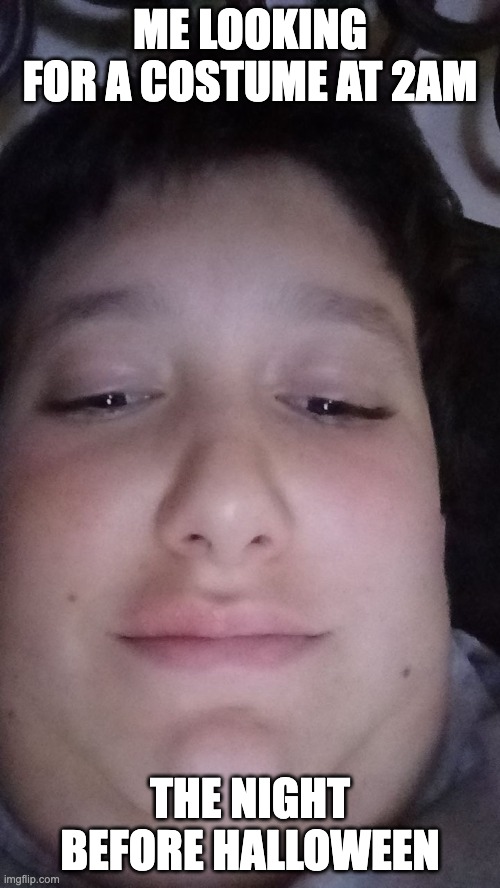
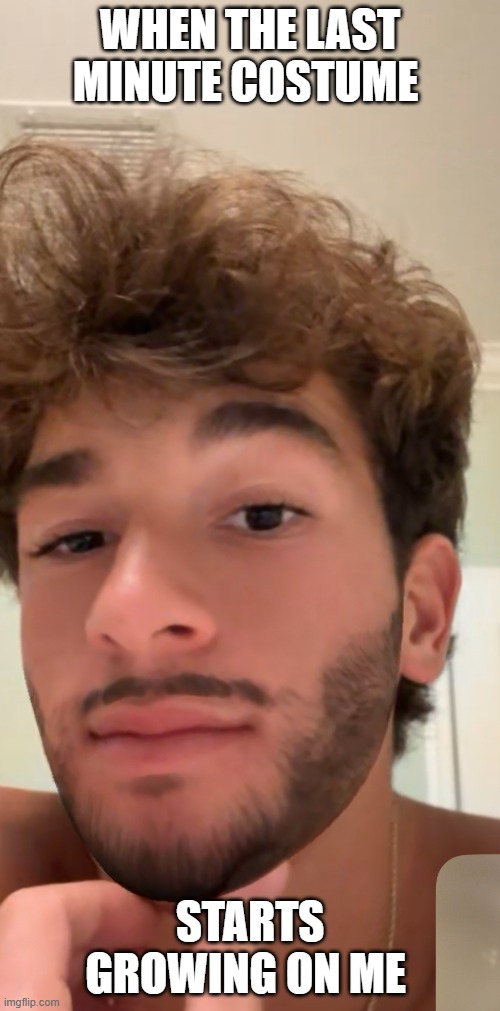

Mr. Dayett • Jan 22, 2022 at 10:32 PM
Cancel culture is really interesting in theatre. I’m seeing a growing trend of quickly calling something cancelled instead of having an open discussion on the issues that are present within the show. Should works of literature, theatre, film be disregarded because of their content (which in some cases shows what society was like back then and what was acceptable and “normal”) or can we use them to spark difficult conversations?
I remember posting online several years ago that I really enjoyed this one particular movie and that I was taking a class to go see it. There happened to be an actor (with a small part) in the film who had been accused of something in his private life. This person was condemning me because 1) I went to see the movie and didn’t boycott it, 2) I actually liked the movie, and 3) by taking students to see this movie I was somehow telling them that what this actor allegedly did was okay. This was one person’s opinion. There was no willingness to engage in a discussion; no interest in discussing how incredible the cinematography was in the film and how the writer adapted it from the novel in a way that made the story more accessible for a younger audience (I read the novel in middle school as part of my required summer reading). Just that the movie needs to be cancelled and because I liked it, I was going to be cancelled. (Side note: I think the actor’s name has since been cleared in court.)
My takeaway? Before we cancel something, let’s make sure what we’re reading is credible and/or authentic (Miss G teaches us how to do that!). Let’s make sure our emotions and personal opinion are in check. Let’s turn our negative energy/feelings into a discussion, and be open to listen to all sides and become well-rounded.
When we look at history, we’ve cancelled some pretty big things over the years (some of which took YEARS to finally cancel). How does your cancel culture issue compare to one of those cancellations?